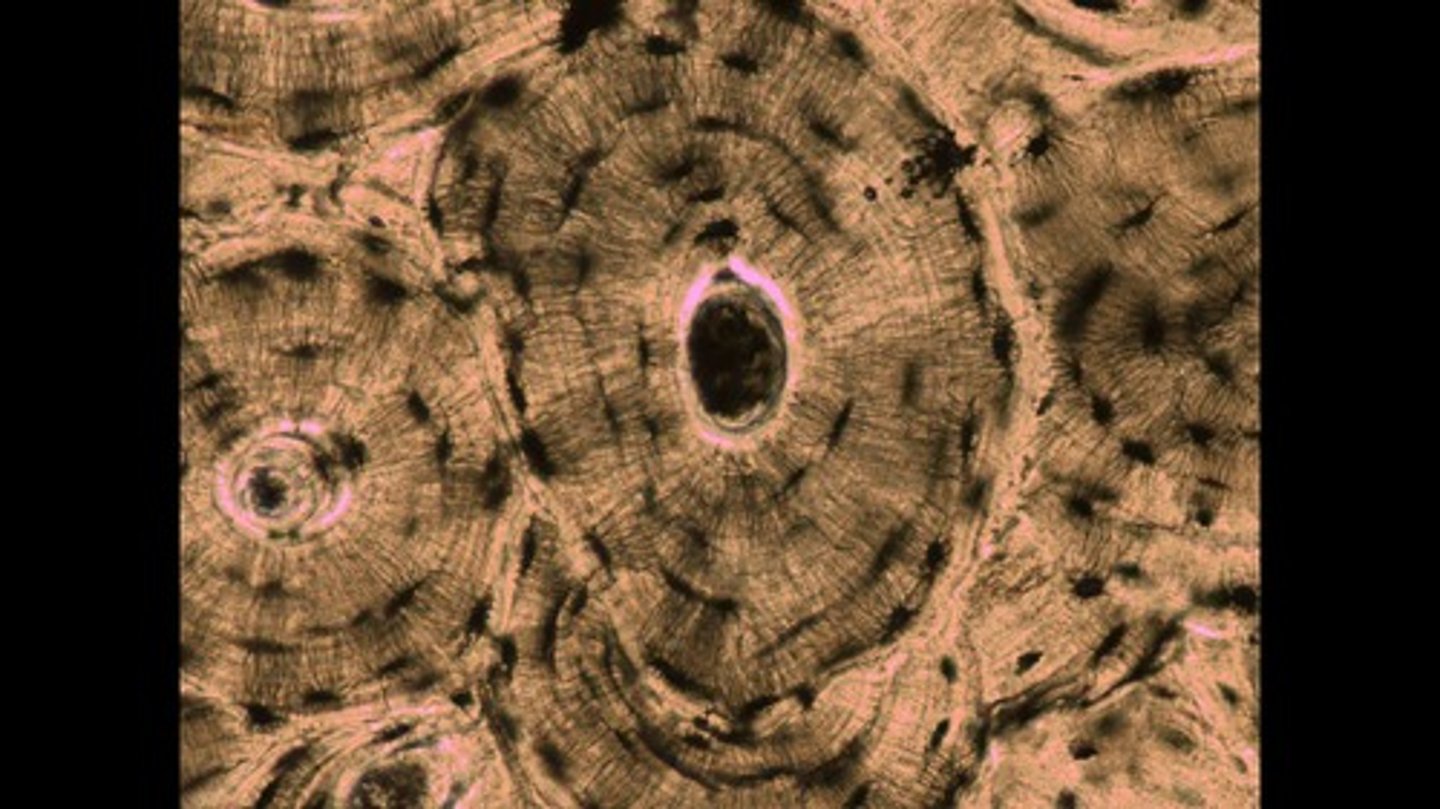Ecology and Evolution: Key Concepts and Species Interactions
1/145
There's no tags or description
Looks like no tags are added yet.
Name | Mastery | Learn | Test | Matching | Spaced | Call with Kai |
|---|
No analytics yet
Send a link to your students to track their progress
146 Terms
Endoparasitic species
Organisms living inside a host organism.
Jim Estes
Scientist studying predator-prey dynamics.
Zoonosis
Disease transmitted from animals to humans.
Biodiversity
Variety of species and ecosystems present.
Biogeography
Study of plant geographic distribution.
Bottleneck Effect
Population reduction leading to genetic diversity loss.
Trypanosoma brucei
Parasite causing African sleeping sickness.
Keystone species
Species crucial for ecosystem structure.
Poaching
Illegal hunting of protected species.
Chagas' Disease
Disease caused by Trypanosoma cruzi.
Ethologist
Scientist studying animal behavior.
Robert Paine
Researcher on starfish removal impacts.
Ornithologist
Scientist specializing in bird studies.
Entamoeba histolytica
Causes amoebic dysentery in humans.
Pseudopods
Extensions used by Entamoeba coli for feeding.
Herpetologist
Scientist studying reptiles and amphibians.
Natural selection
Non-random process favoring adaptive traits.
Zoomastigophoran
Group of flagellated protozoans, some are parasites.
Ciliophora
Phylum of protozoans with cilia for movement.
Rhizopoda
Class of protozoans that move using pseudopods.
Platyhelminthes
Phylum of flatworms, many are parasitic.
Plasmodium falciparum
Malaria-causing protozoan parasite in humans.
Giardia intestinalis
Flagellated protozoan causing intestinal infections.
Entamoeba histolytica
Amoeba responsible for amoebic dysentery.
Cryptosporidium parvum
Protozoan causing gastrointestinal illness in humans.
Balantidium coli
Ciliated protozoan causing balantidiasis in humans.
Trypanosoma cruzi
Parasite causing Chagas disease, transmitted by bugs.
Gymnosperms
Seed-producing plants without flowers or fruits.
Angiosperms
Flowering plants that produce seeds and fruits.
Monoecious
Species with both male and female reproductive organs.
Parasitic relationship
One species benefits while the other is harmed.
Monophyletic
Group including a common ancestor and all descendants.
Amoebocytes
Cells in sponges responsible for various functions.
Molecular Clock
Method estimating species divergence using genetic data.
Taxonomy
Science of naming and classifying organisms.
Speciation
Evolutionary process forming new biological species.
Homeostasis
Maintenance of stable internal conditions in organisms.
Choanocytes
Cells in sponges that facilitate water flow.
Zygote mortality
Failure of zygote to develop into a viable organism.
Macroevolution
Major evolutionary changes at or above species level.
Hibernation
State of inactivity to conserve energy during cold.
Behavioral isolation
Differences in mating behaviors preventing species interbreeding.
Insect bite marks
Signs of insect bites around eyes/mouth.
Mosquito nets
Protective coverings to prevent mosquito bites.
Coma-like sleep
Unresponsive state resembling a coma.
Plasmodium falciparum
Parasite causing malaria, transmitted by mosquitoes.
Avian malaria
Disease caused by Plasmodium in birds.
Anopheles
Genus of mosquitoes transmitting malaria.
California Sea Otter
Critically endangered marine mammal, affected by habitat loss.
Kelp forests
Underwater ecosystems providing habitat for marine life.
Phaeophyta
Phylum containing brown algae, including kelp.
Fragmentation
Breaking larger habitats into smaller, isolated patches.
Ecological niche
Role and space an organism occupies in an ecosystem.
Cysts
Dormant, resistant forms of parasites.
Trophozoites
Active, feeding stage of protozoan parasites.
Giardia lamblia
Protozoan causing gastrointestinal illness, found in contaminated water.
Fecal floatation
Laboratory technique to detect parasite ova in stool.
Cryptosporidium parvum
Protozoan causing diarrhea, often in contaminated water.
Entamoeba histolytica
Parasite causing amoebic dysentery, transmitted via contaminated food/water.
Resource competition
Struggle between species for limited resources.
Fundamental niche
The potential mode of life of a species.
Edge effect
Changes in population or community structures at habitat boundaries.
Nutria
Large semi-aquatic rodents, potential carriers of parasites.
Chlorination
Process of treating water with chlorine to kill pathogens.
Interspecific Competition
Competition between different species for resources.
Intraspecific Competition
Competition among individuals of the same species.
Competitive Exclusion Principle
Two species competing cannot coexist indefinitely.
Resource Partitioning
Species divide resources to reduce competition.
Symbiosis
Interdependency among organisms in a relationship.
Biotoxic Buildup
Accumulation of toxins in marine organisms.
Bioaccumulation
Toxic substances increase in organisms over time.
Anthropogenic
Relating to human activity's environmental impact.
Sinister Sextet
Six major threats to global biodiversity.
Overhunting
Excessive hunting leading to species decline.
Habitat Loss
Destruction of natural environments affecting species.
Habitat Fragmentation
Division of habitats into smaller, isolated sections.
Invasion of Non-native Species
Introduction of species not originally from an area.
Domino Effects
Consequences of species interdependence in ecosystems.
Keystone Species
Species with significant impact on ecosystem structure.
Pollution from Chemical Contaminants
Harmful substances threatening species and ecosystems.
Climate Change
Long-term alteration of temperature and weather patterns.
Toxic Shock Syndrome
Severe illness due to toxin exposure.
Shellfish Disease
Illness caused by consuming toxic shellfish.
Desert Pupfish
Species threatened by pollution in isolated pools.
Nile Perch
Invasive species threatening native fish in Lake Victoria.
Calvaria Major
Tree requiring large animal digestion for seed germination.
Overuse/Exploitation
Unsustainable consumption of natural resources.
Climate Change
Global climate alteration affecting species and ecosystems.
Biogeography
Study of species distribution influenced by climate.
Biomes
Regions defined by ecosystems and plant vegetation zones.
Habitat Loss
Destruction or degradation of natural environments.
Invasive Species
Non-native species disrupting local ecosystems.
Extirpated
Local extinction of a species in a specific area.
Osteon
Basic structural unit of compact bone.
Haversian Canal
Central channel in bone containing blood vessels.

Lacuna
Small cavity in bone housing osteocytes.
Connective Tissue
Tissue type supporting, binding, and protecting organs.
Skeletal Muscle
Voluntary muscle responsible for body movement.
Nuclei
Cell structures containing genetic material.
Ecology
Study of organism-environment interactions and ecosystems.